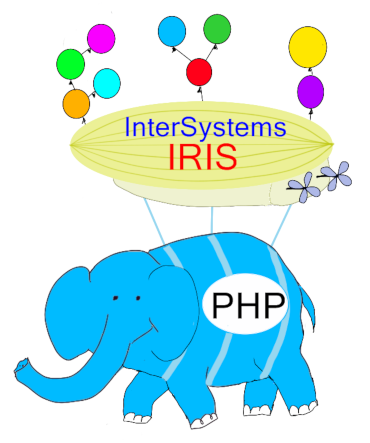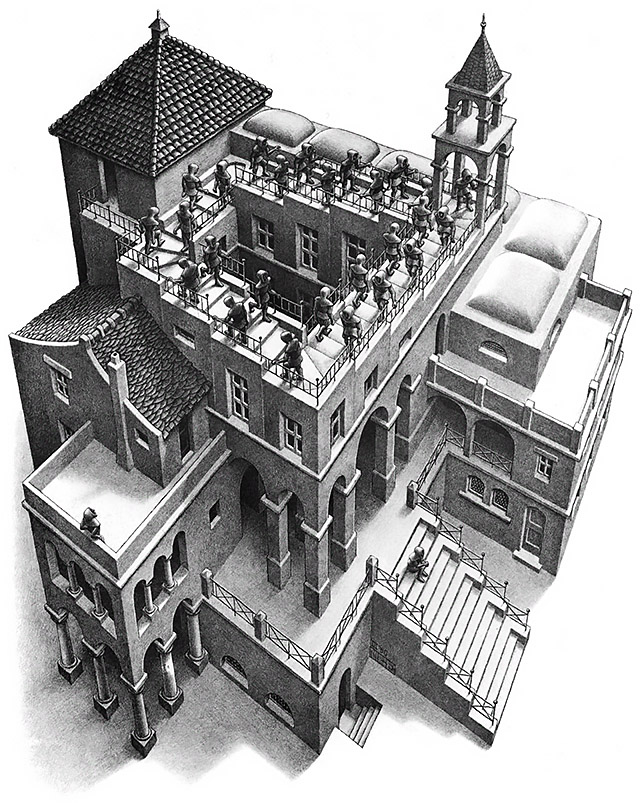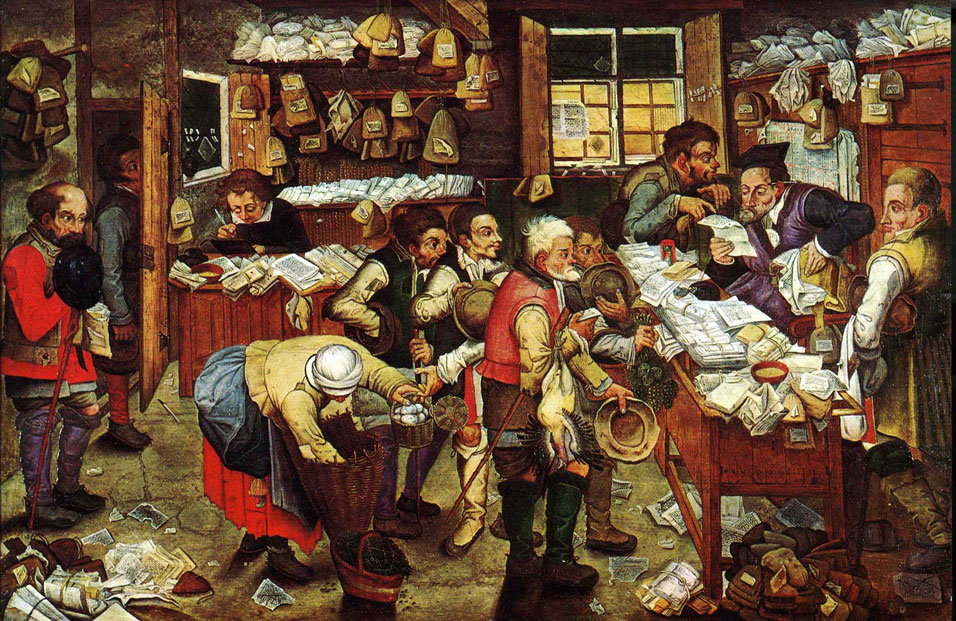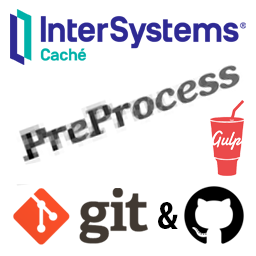Hello community! I have to work with queries using all kinds of methods like embedded sql and class queries. But my favorite is dynamic sql, simply because of how easy it is to manipulate them at runtime. The downside to writing a lot of these is the maintenance of the code and interacting with the output in a meaningful way.


 PHP, from the beginning of its time, is renowned (and criticized) for supporting integration with a lot of libraries, as well as with almost all the DB existing on the market. However, for some mysterious reasons, it did not support hierarchical databases on the globals.
PHP, from the beginning of its time, is renowned (and criticized) for supporting integration with a lot of libraries, as well as with almost all the DB existing on the market. However, for some mysterious reasons, it did not support hierarchical databases on the globals.
 After many sleepless nights it's a pleasure to announce the newer, better, moderner ObjectScript compiler which implemented pretty much everything you ever wanted to have in
After many sleepless nights it's a pleasure to announce the newer, better, moderner ObjectScript compiler which implemented pretty much everything you ever wanted to have in 
